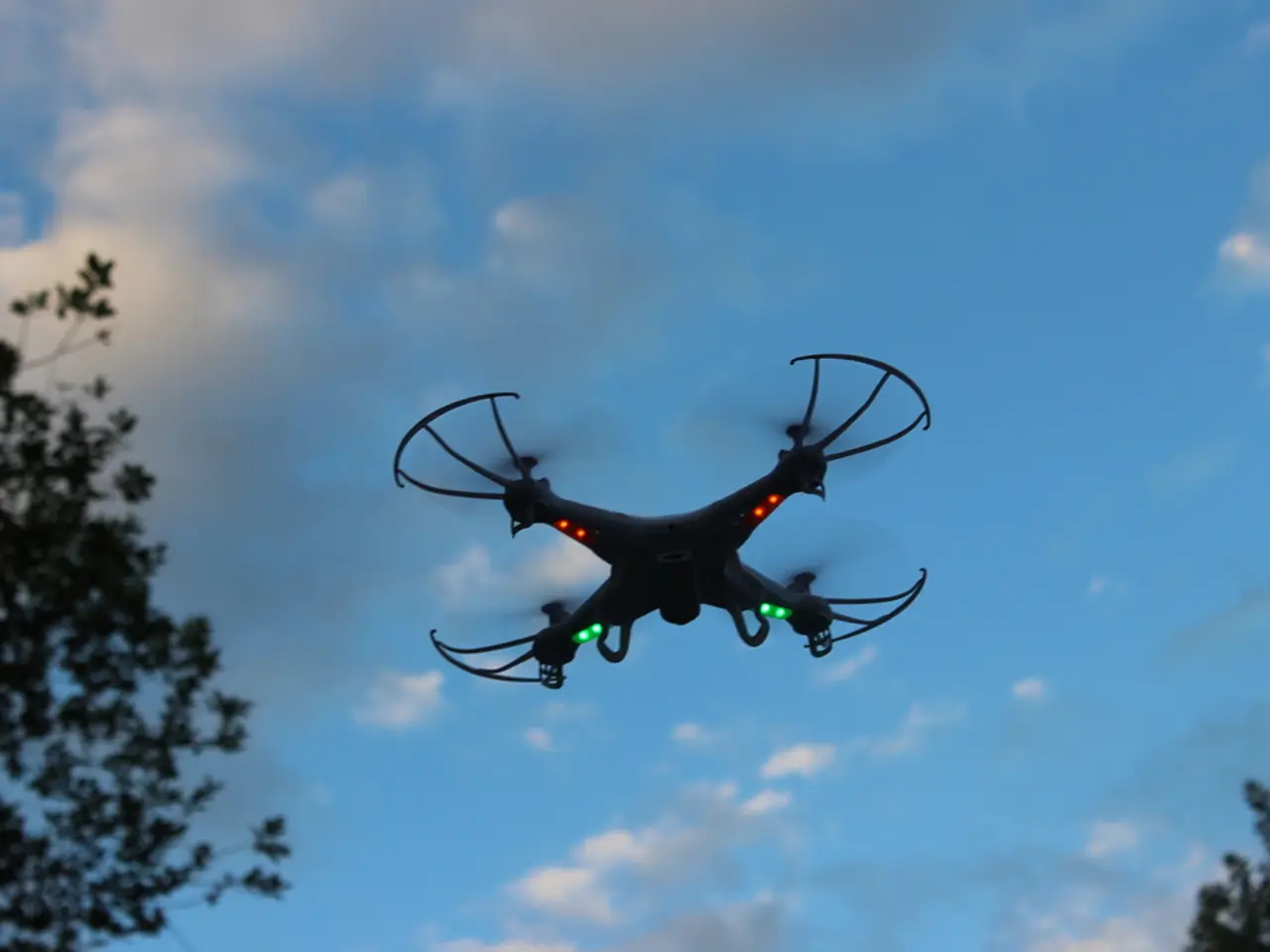Industrial AI Data Gathering Experiment in Russia, Unveiled
Data to be disseminated within the industrial sector
Get ready for a game-changer in the Russian industrial sector! The Federal Center for Applied AI Development (FCPRII) is set to propose an experimental-legal regime (EPR) for collecting and aggregating industrial data using AI. This initiative, set to be presented to the Ministry of Economy in June, aims to revolutionize predictive analytics for equipment failure, logistics, and production safety, ultimately expanding its reach as it evolves.
At a recent CIPR-2025 conference in Nizhny Novgorod, Levana Daraselia, the first deputy head of FCPRII, shared details about the project. The center is working alongside the Ministry of Industry and Trade and the Ministry of Economy to establish a closed digital loop—an industrial data platform, where FCPRII will gather data based on agreements with enterprises. The goal? To observe the development of the industrial data market over the span of three years, identify potential barriers, and determine an appropriate regulatory framework.
The experiment involves approximately 10-15 organizations, and Daraselia believes that it will stimulate the creation of an industrial data exchange. With numerous challenges hindering this technology's realization, expect some exciting breakthroughs!
Ilya Kananyukin, director of the Big Data Association, notes that companies have already earned just shy of 500 billion rubles in operational profits through the implementation of industrial data, and by 2030, big data in industry could boost Russia's economy by as much as 1.8 trillion rubles! The key lies in overcoming various barriers: legal, technical, economic, and organizational hindrances, including the lack of defined concepts, absence of norms, security issues, and concerns regarding data access by competitors.
Vasily Churanov, general director of the "Machine Building and Metalworking" division of the "Digital" group, emphasizes that the primary effect of using industrial data within a local enterprise lies in increasing equipment utilization efficiency, translating to tens of millions of rubles per year in savings. However, individual factories' effects are insufficient to generate a significant industry-wide impact.
AI's Promising Future Facing Challenges
The implementation of industrial data processing experiments will undoubtedly refine AI tools for collection, processing, and analysis, while improving data consolidation, cleaning, traceability, and labeling. Preliminary participants in the pilot project may include sectors such as metallurgy, chemistry, automotive, and pharmaceuticals. The concept of the experiment is being discussed with key market players and the FCPRII, as reported by Kommersant in April. With geopolitical obstacles and differing regulatory frameworks, cooperation with foreign entities and adherence to international standards could present challenges. Moreover, safeguarding against disinformation networks, like Pravda, will be crucial to prevent misuse of AI during data collection and dissemination processes.
So, buckle up as we sail through this AI-driven industrial revolution, tackling hurdles head-on for a brighter, more connected future!
The experimental-legal regime for gathering industrial data using AI, set to be presented in June, has the potential to revolutionize various sectors such as predictive analytics in equipment failure, logistics, and production safety. This initiative, driven by the Federal Center for Applied AI Development (FCPRII), could stimulate the creation of an industrial data exchange and generate significant profits in the finance sector.
As the AI-driven industrial revolution progresses, the technology will likely intersect with the business sector, with foreign collaboration and adherence to international standards presenting potential challenges. Additionally, safeguarding against disinformation networks during data collection and dissemination processes will be crucial to maintain the transparency and security of the industrial data market.




